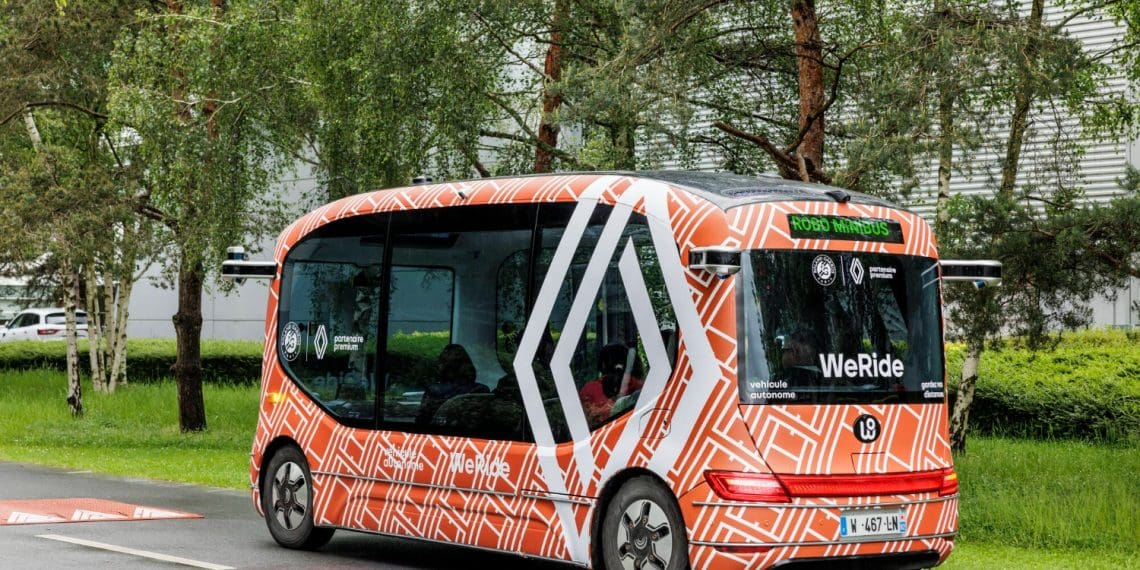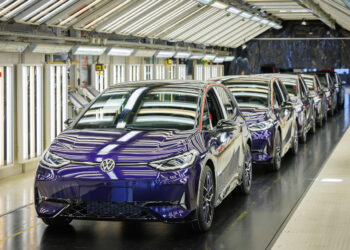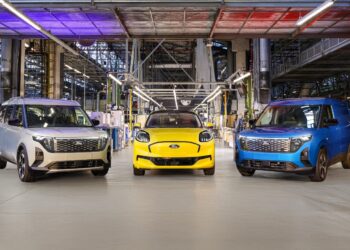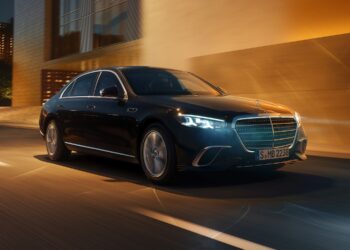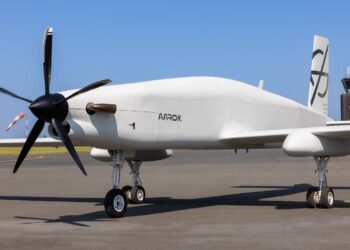The Renault Group has defined its strategy for autonomous vehicles, separating the expectations of individual vehicles from the needs of public transportation. In this sense, the French brand will shift its focus towards offering autonomous public transportation solutions.
The French manufacturer already offers driving assistance technology in individual vehicles, at level L2 or even L2+, with technologies such as adaptive cruise control or lane-keeping assistance, and soon, automatic overtaking function. Although assisted, the driver remains responsible for vehicle operation.

However, there is a “significant technological complexity gap” between these functions and those that fall under the categorization of level three, where “the vehicle must be capable of operating safely in complex environments with limited driver supervision”.
“At this stage, the cost incurred by customers in relation to the benefits of driving would make demand insufficient”, Renault revealed in a statement. At the same time, Renault ensures that the architecture of its vehicles can evolve towards autonomous driving if expectations, regulations, or the cost of technologies make this advancement viable.
On the other hand, with regard to public transport, the Renault group sees the relevance of proposing autonomous vehicles, with an estimated annual need for several thousand mini-buses in the coming years, and therefore has a plan to finally offer a “robotized electric mini-bus” based on the new Renault Master van.

In this sense, Renault has been conducting trials for several years to define the best response to the needs of local communities, such as the “Mach 2 project” announced in 2023, which foresees the integration, starting in 2026, of a fleet of robotized electric mini-buses in the public transport network of Chateauroux (France).
“In the long run, these experiments will lead Renault to propose a platform of robotized electric mini-buses, capable of integrating automation solutions from specialized partners such as EasyMile, Milla or WeRide”.
More flexible, autonomous mini-buses will be able to operate 24 hours a day, 7 days a week, with complete safety, and will provide an emissions-free alternative or an effective complement to existing solutions (train, tram, bus) in terms of costs and CO2/km per passenger.
“The additional costs of robotization and automation may be offset by the absence of drivers. A simple remote supervision system will be necessary to operate a fleet of vehicles”.
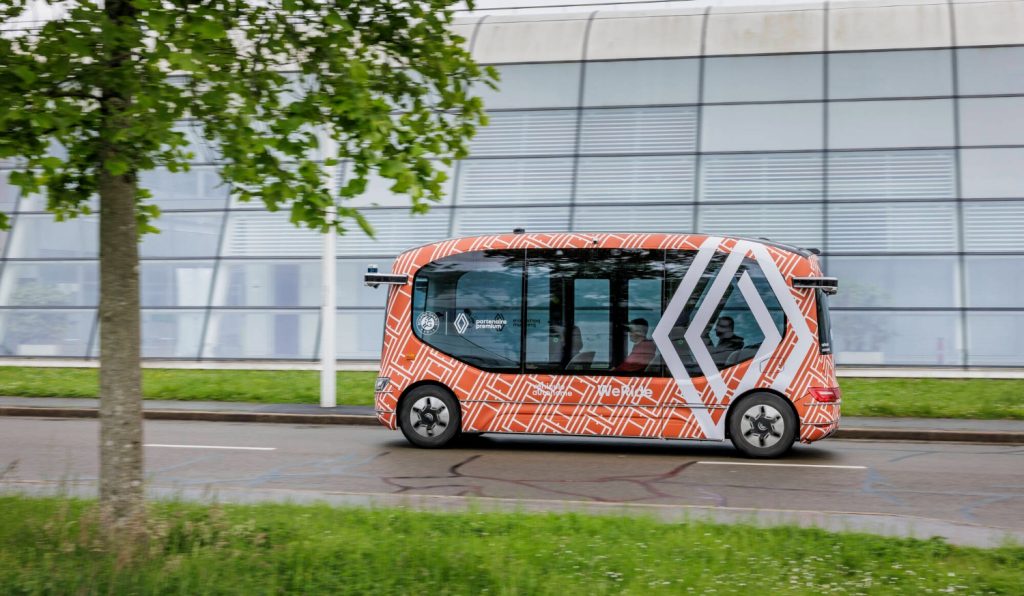
Thus, Renault announced this Wednesday a new collaboration with WeRide, a world-renowned expert in autonomous driving, for the commercial deployment on a large scale of vehicles with a level of autonomy L4, that is, capable of managing driving situations on their own, within a defined operational domain, with remote supervision, but without a driver.
“The Renault Group is moving forward with the implementation of its autonomous vehicles strategy. Thus, thanks to our experiences and our partners, the best in their fields, we will be able, long before the end of this decade, to propose a very relevant range of autonomous mini-buses with low carbon emissions to meet the growing needs of regions.”, emphasized Gilles Le Borgne, Chief Technology Officer of the Renault Group.

